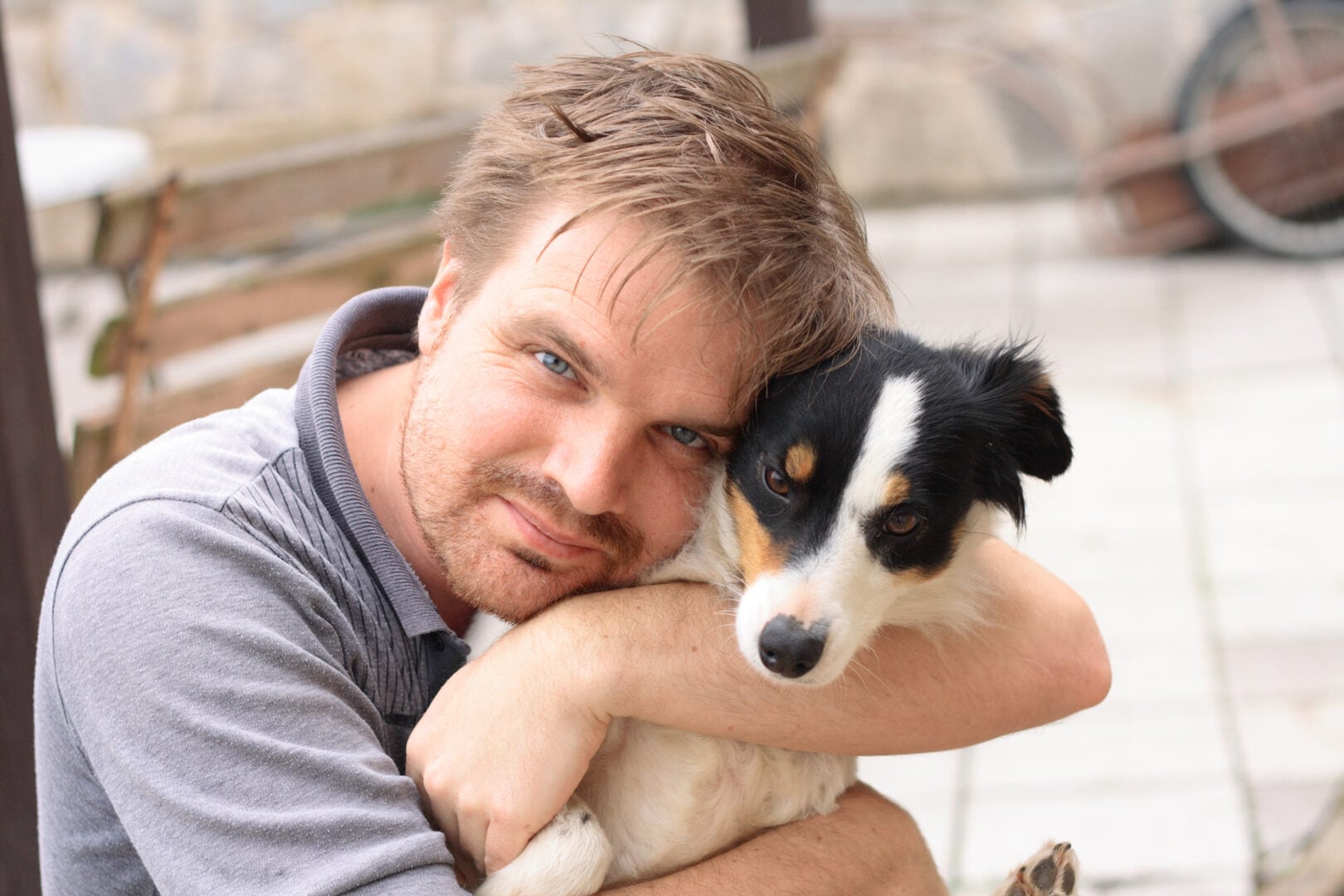Do you have a new puppy in the house? How exciting! Now it’s time to start the toilet training process. There are many different methods for house training a puppy, but they all come down to communication, consistency and supervision.
The most important aspect of house training your puppy is prevention. Trying to change an existing behaviour that you don’t like is much more difficult than preventing it from occurring in the first place. You should communicate what you want your puppy to do and train them accordingly.
Your consistency with them is also imperative; habits are built by repetition. Puppies are babies and should not be unsupervised. They will find something to do that you don’t like, and you want them to learn to look to you for instructions, so you can help them learn to make good choices.
Don’t know where to start when it comes to house training a puppy? Follow these simple tips:
Stick to a Schedule
It’s important that you set up a schedule and stick to it. Remember to take your puppy out about 20 minutes after eating or drinking, and immediately after waking up or playing. This will create a positive habit: soon they will instinctively know that they need to go outside and ‘have a try’ after these activities. During the early stages of house training a puppy, you should always watch them carefully to make sure that they don’t wander off and relieve themselves inside the house.
Use Puppy Pads
Laying down newspaper has been an effective way of toilet training a puppy for generations These days, you can also buy special puppy pads, which work in the same way, but have a layer of inducement scent to encourage your furry friends to go.
Every time your dog exhibits the need to go, simply place them on the pads, and use heavy positive reinforcement such as praise and treats when they relieve themselves. Over time, move the pad closer to the door and then eventually outside – however make sure this is very gradual, otherwise you will confuse them!
Create a Designated Space: Crate Training
Creating a confinement area for your puppy is key during the housebreaking process. Dogs are den animals by nature, so not only will den-like confinement comfort them, they will not want to mess it up. Place their bed, food and toys in their crate so they understand where their ‘den’ space is.
Make sure that every time you let your puppy out of their crate, you take them straight to their wee-wee pad, or outside — even if they’ve only been inside for a short period of time. Puppies only have small bladders and will feel shame if they mess up their crate overnight, so remember to take them out the last thing at night and the first thing in the morning.
Over time, as your puppy becomes increasingly toilet trained, you can gradually expand their space. In this way, your house becomes their den, and they will whine to be let outside to relieve themselves.
Lure Your Dog to the Appropriate Area
Instead of carrying your furry friend to their potty spot, lure them there. In this way, your puppy will learn the path for themselves, increasing the odds that they will learn to escort themselves to their area when nature calls. If they do so, reward them with a few treats once they’re finished doing their business.
Use a Doggie Door
Doggie doors can be helpful tools in the house training process, because they give your puppy constant access to an appropriate area to relieve themselves, whether that be a fenced-in garden or a confinement area where a wee-wee pad is located. However, the path outside or to the wee-wee pad must be taught.
As such, doggie doors work best for dogs that understand where they are supposed to relieve themselves and can reach that destination in time. Use a doggie door once you have already house-trained your puppy.
Mastering the art of how to potty train a puppy indoors requires a loving voice. As such, you should never say your dog’s name when saying ‘no’. You should only say your dog’s name in association with praise. As with toddlers, gentle discipline works best when potty training a puppy. It’s important to remember that the goal is to train, not to punish.
House training a puppy requires a lot of patience, but you have to try to stay positive. Puppies pick up on our frustration, especially around housebreaking. Keep it light-hearted and go in with the mindset that if your puppy has an accident, they will likely have to go again very soon, and you can reward better behaviour next time.
Do you need some extra help? Check out Care.com’s list of dog sitters, dog groomers and pet boarding services near you!
House Training a Puppy
